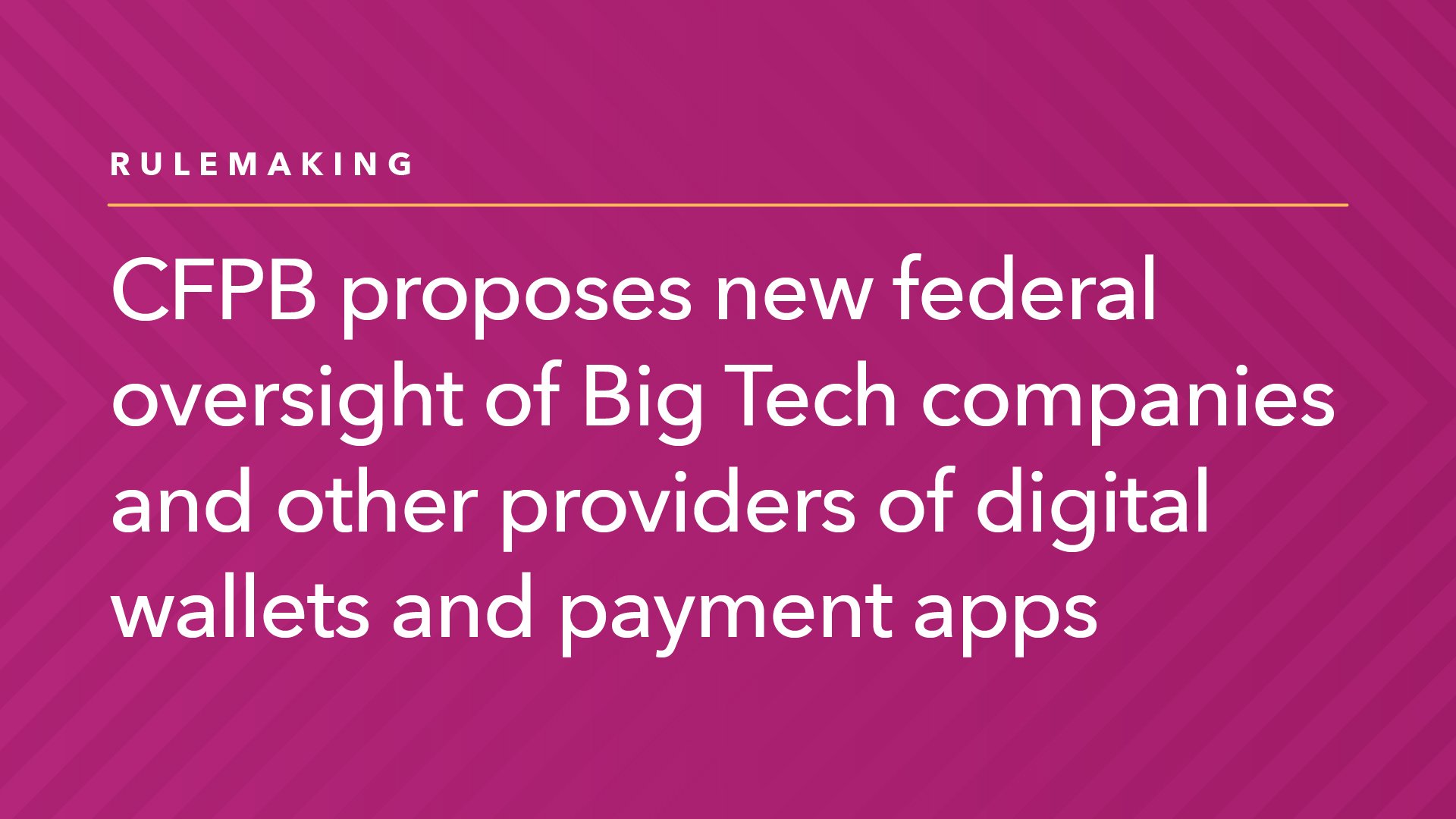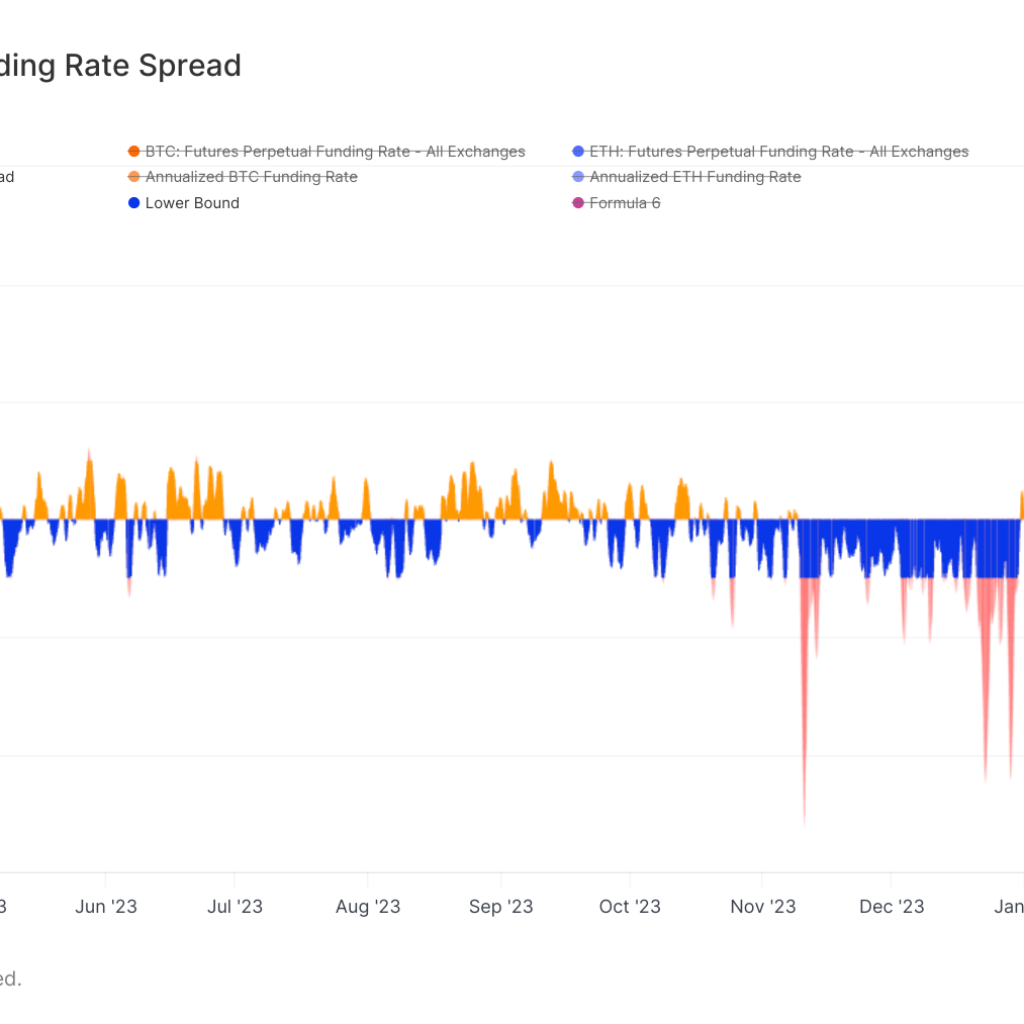The United States Consumer Financial Protection Bureau (CFPB) has recently unveiled a proposal aimed at extending its supervisory authority to encompass large non-bank digital wallet and app providers. This initiative forms part of a broader strategy by the agency to expand its oversight into various financial sectors, including consumer reporting, debt collection, student loan servicing, international money transfers, and automobile financing.
CFPB highlights its reasons for the proposal
Highlighting the evolving landscape, the CFPB expressed concerns about the blending of traditional boundaries separating banking, payments, and commercial activities. The agency emphasized the potential risks this fusion poses to consumers. CFPB Director Rohit Chopra underscored the necessity to address regulatory arbitrage through this rule, particularly targeting tech and financial companies operating in consumer finance markets.
The proposal seeks to fill gaps in consumer protection for digital apps, which, despite having a user base comparable to credit and debit cards, lack crucial safeguards such as deposit insurance, privacy protection, and explicit consumer rights guarantees. While the CFPB already holds enforcement powers over technology companies, the proposed rule aims to further extend its supervisory role.
Addressing consumer protection gaps in the digital industry
Notably, the rule specifically addresses crypto wallets by proposing an extension of the definition of “funds” to encompass crypto assets, aligning with other federal statutes. It focuses on the transfer of funds for retail purchases, as well as the buying and selling of securities or commodities. The rule’s definition of consumer payment applications takes into account various factors, including the location of the consumer (within the U.S.), the transactional nature, the recipient not being the initial consumer, and the transaction’s primary purpose for personal, family, or household use.
Although the proposal refrains from explicitly naming specific companies, references within footnotes point to examples like Venmo (owned by PayPal) and Cash App (owned by Block) as popular person-to-person payment apps widely used by a majority of Americans. The core focus of the rule revolves around major technology companies that offer financial services, striving to align their regulatory oversight with that of traditional banks.
The CFPB’s efforts concentrate on retail use of crypto, excluding activities such as crypto-to-crypto exchanges and crypto trades involving fiat currency. This move by the CFPB comes after months of preparation, including a cautionary announcement in June highlighting the lack of deposit insurance in many mobile payment apps. Director Chopra has been critical of Big Tech’s role in the U.S. payments system, echoing objections in various speeches, emphasizing the need for improved consumer protections in the rapidly expanding digital financial landscape.





